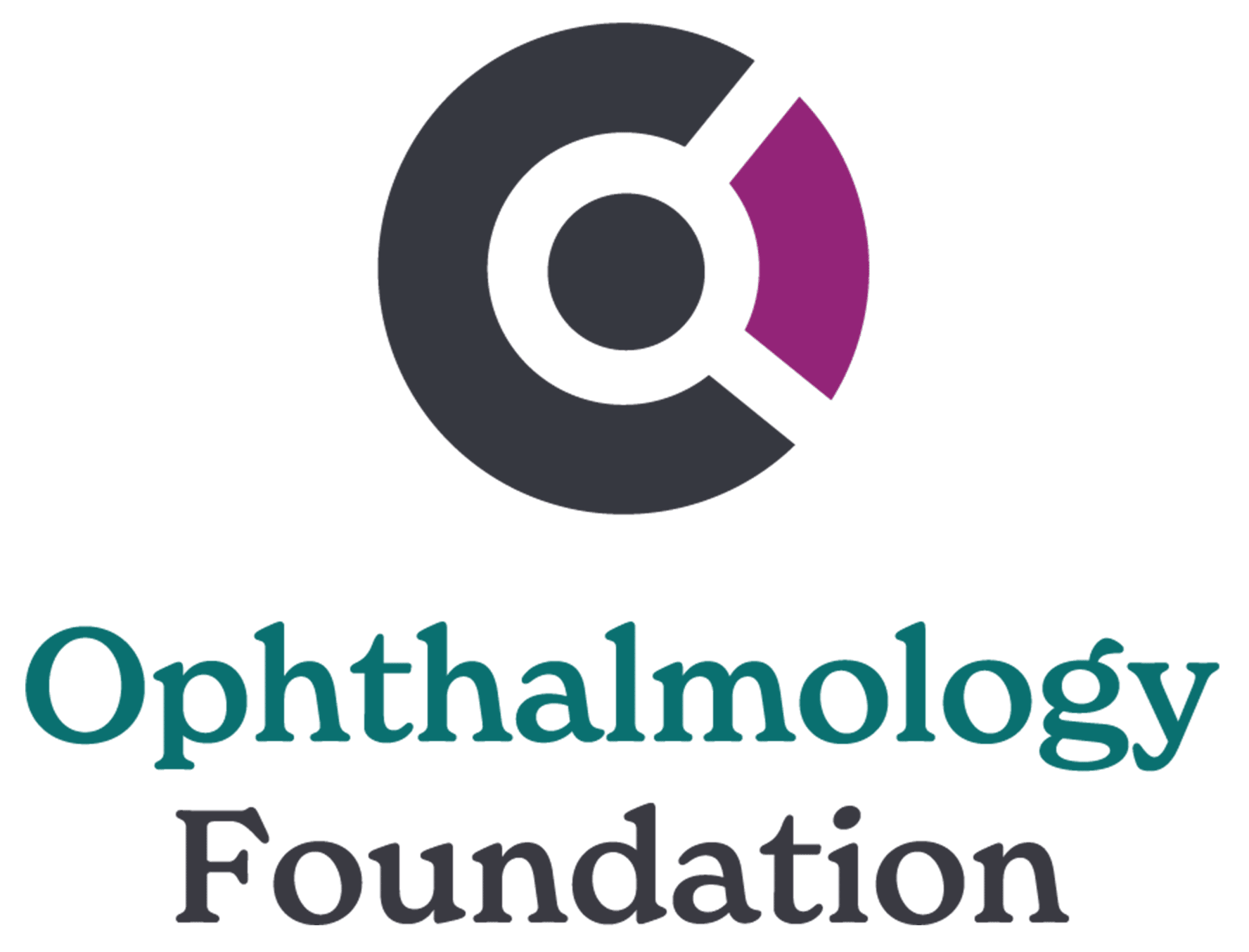The Ophthalmology Foundation’s main purpose is to increase the knowledge and performance of working professionals in the ophthalmology field by providing non-conventional learning opportunities. Mentorship as an education program is effective when the mentor and mentee make a commitment to continual learning and give constructive feedback to encourage personal and professional growth and development. The Faculty Development Committee has developed two mentorship programs that are accessible to both individuals and organizations in need of specific, short-term guidance
One-to-One Mentoring
The goal of the One-to-One Mentoring Program is to connect ophthalmologists with more experienced ophthalmologists that have demonstrated success in their field of expertise, team them together, and provide a platform for communicating so that both can benefit from the relationship.
The program uses Mentorloop as an online platform, which allows matches to connect from anywhere around the world for free. The best chance for success is for interested parties to share as much information as possible about their professional and educational experiences, interests, and goals when they sign up to be either a Mentee or a Mentor.
Working as part of a mentoring partnership can be an invaluable experience for both parties—on a professional and personal level. Mentee and Mentor alike will learn new things about themselves, which can serve to move each toward career growth. As both develop new skills and understanding, each will have more to contribute to their respective practices, hospitals, medical education systems, regions, and professional societies.
Mentors must be 5 years post-residency, have medical teaching experience, and have demonstrated success in their fields of expertise. Mentors can also earn a mentoring certificate for their LinkedIn profile or CV, while improving their leadership and coaching skills.
Those interested in the program can learn more about the requirements for mentoring and expectations for Mentors and Mentees from the short introductory video in the next section, or select a role below and sign up now! All participants should expect the mentoring commitment to last from 6 to 12 months.
One-to-One Mentoring Committee
Chair: Dr. Meenakshi Swaminathan
Co-Chair: Dr. Pranesh Balasubramaniam
Members:
Dr. Tsedeke Asaminew
The Ophthalmology Foundation is only successful in our programs because of the support of partners like the Pan-American Association of Ophthalmology (PAAO) and Middle East African Council of Ophthalmology (MEACO). Supranational societies like PAAO and MEACO contribute ideas and suggestions to improve the One to One Mentoring Program, inspire and drive their members to volunteer to be mentors, and create awareness of the program through their communication channels.
We thank Santen Pharmaceutical Co., Ltd. for their generous support of this program.
Group Mentoring
“Working together towards a common goal.”
The aim of group mentoring, led by Dr. Helena Prior Filipe, is to guide teams in developing and enhancing their collaborative clinical and educational projects, expected to have an impact on the organizations (professional societies and ophthalmic training centers) they are associated with, as well as on the community. The Ophthalmology Foundation group mentoring project offers assistance for CPD programs, providing tools, techniques, and expertise to programs that need assistance in project development. Learn more about Continuing Professional Development mentoring and resources.
Group mentoring:
- includes various formats such as group facilitation, project management, virtual mentoring, peer mentoring, reverse-mentoring, and co-mentoring based on the project’s specific needs for success.
- encompasses coaching and support for CPD programs, facilitating tools, techniques, networking and expertise for teams engaged in in organizational project development.
- aims the creation of an engaged and sustainable virtual community of practice (CoP) of clinical educators.
Mentee Teams are expected to:
- Propose, design, implement, evaluate, and adjust a team-based project on faculty development, continuing education, and professional development useful for their organization membership.
- Base their collective project on a needs assessment aligned with the organization they represent.
- Demonstrate autonomy and accountability.
- Create and follow a project management plan.
- Seek and engage with peers, partners, and sponsors for their project success.
- Monitor, measure success and gauge future iterations in accordance
Apply your project proposal with your team and build your Community of Practice, advocating for your professional society or training center, and benefit your community by accomplishing projects with significant impact. Engage your Team and share the scope of your collective project below:
Mentor are expected to:
- Guide the mentees’ team through the process of their project development.
- Follow up with their mentees’ organization and project.
- Suggest helpful resources.
- Facilitate networking opportunities with sponsors, partners, and international peers.
- Promote an inclusive and supportive collective learning environment.
- Nurture the sense of project ownership.
- Encourage the formation of a Community of Practice (CoP).
- Support formed CoPs, as anchors for CPD advance.
Join our dynamic team of mentors committed to support building impactful transformative education team-based projects.
Group Mentor Projects Examples:
Learn more about three faculty development experiences that occurred within a virtual group mentoring format:
Mozambique: Online Faculty Development An African Lusophone Ophthalmic Society Experience During the COVID-19 Pandemic.
Democratic Republic of Congo: Online Faculty Development on Curriculum Design in Simulation-based Education by International Collaboration.
Sudan Retinoblastoma Project: The program aims to improve eye care and advance the preservation of vision for all children in Sudan and the region’s low-income countries.



